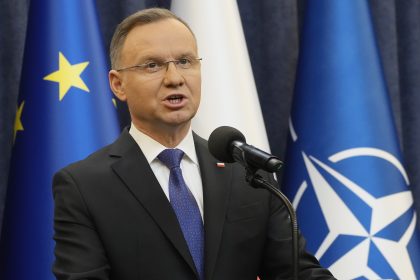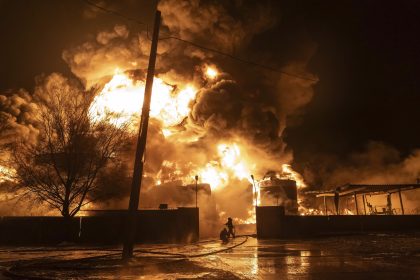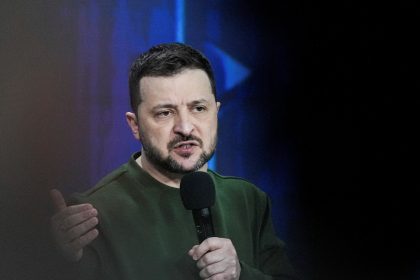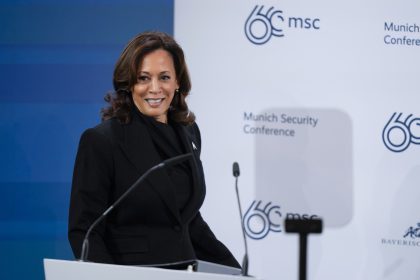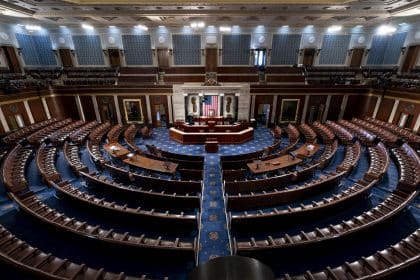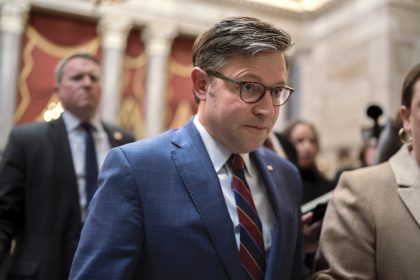Turkey Attempts Diplomacy, Neutrality in Ukraine Conflict
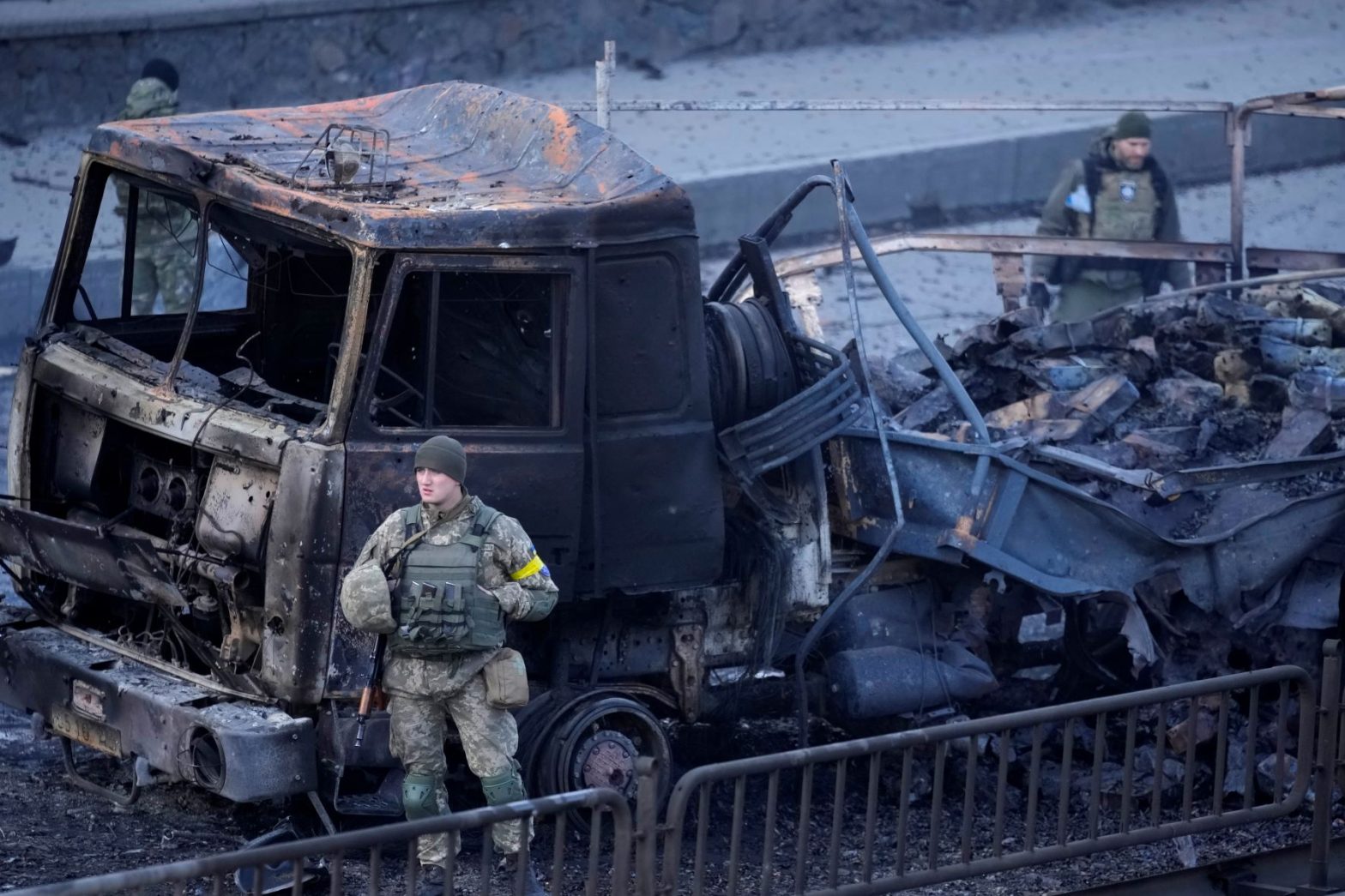
WASHINGTON — Even before Russian President Vladimir Putin announced the “special military operation” currently taking place in Ukraine, Turkey actively sought a diplomatic solution between its two neighbors. But as Turkish President Recep Tayyip Erdoğan seeks to manage the crisis without cutting ties with either Russia or Ukraine, diplomacy for Turkey as a nation ultimately involves positioning itself neutrally without assuming too much risk in the process.
The Wilson Center recently held a frank exchange of views on Turkey’s role in the situation, to which Turkish Ambassador to the United States Hasan Murat Mercan was invited, and where it was generally agreed that the Russian decision to launch a full-scale invasion of Ukraine is “unacceptable” and representatives from Turkey support Ukraine’s right to protect itself in what is a “clear violation of international law and the sovereignty of Ukraine.”
While the discussion took place under Chatham House Rules, it was clear that Turkish representatives lament how the crisis is affecting innocent civilians in this region, one that has long been sensitive and delicate to turmoil.
“All of us knew this crisis was coming. It’s not a new crisis, not yesterday’s crisis. It’s a crisis of 2014,” a participant insisted, citing the Russian invasion and subsequent annexation of the Crimean Peninsula from Ukraine.
“If we are not united — with a single voice and the same strategy — to at least these issues, we’re creating a lot of destabilized regions,” a participant said, calling for a forward-looking agenda on how to create peace.
Erdoğan has been outspoken in support of the territorial integrity of Ukraine, has condemned the Russian invasion, and has said that Ankara does not accept Moscow’s recognition of breakaway republics, but in the latter, he chose his words carefully.
At the same time, he has also strongly criticized NATO’s weak and waffling response, calling for NATO to do more than speak and actually take concrete steps, although which steps have not been outlined.
Erdoğan has also criticized the European Union and the West for not taking a firm stance on a unified strategy concerning this incursion.
But while all of this sounds assertive, Turkey’s actions have been quite cautious, taking no direct action to side either with Russia or Ukraine in an effort to shield itself from upsetting “friendly countries with which we have political and economic relations.”
A key NATO partner, and the strongest of six NATO front-line countries facing Russia, Erdoğan has said that Turkey will respond with NATO allies. Given the current state of its economy, however, the nation must also consider the impacts on its own trade relations. While Turkey has political, economic, and military relations with both Ukraine and Russia, Turkey is particularly dependent on Russia for gas and wheat.
There is currently no indication that NATO is anticipating sending defense forces into Ukraine, but it would be hard to expect success for NATO in the crisis without support from Turkey. With the second-largest army in NATO, Turkey is one of few NATO countries with the military might to pose a threat to Russian operations in the Black Sea, so if it came to using military force and Turkey honors its NATO commitment, the nation would undoubtedly be on the front line in any protracted war the alliance might enter with Russia.
Turkey’s commitment to Ukraine’s security as a NATO ally so far has come in the form of technology transfers and unlimited access to the production of corvettes and drones. There have also been credible rumors that suggest the possible sale of a mini-submarine, as well as Turkey’s investment in the strategically important Ukrainian military aviation engine manufacturer Motor Sich.
Still, Turkey remains committed to the diplomatic path and is reluctant to take direct action to hinder further Russian invasion.
Ukraine has repeatedly asked Turkey to close the Bosphorus and Dardanelles waterways to Russian ships and block passage to belligerent vessels in accordance with the Montreux Convention Agreement yet Turkey has declined, claiming legal concerns.
“This puts Turkey in a difficult position,” a participant of the Wilson Center discussion said. “Under the 1936 Act, Ankara has control over the straights and can limit warship passages if [Turkey is] threatened … In the case of war [in the region] or need for heightened security, Turkey can block passage of warships to the Black Sea. Otherwise, if a neighboring country wants to return warships through, we cannot prevent them… [and] even if warships are banned, Russians have right of passage.”
Turkish foreign minister Mevlüt Çavuşoğlu reiterated this position in a TV interview last week, saying that Russia would still be able to send its ships through the straits even if Turkey were to close them.
“Under Montreux Convention on straits, Russia has a right to return its ships to its ports in Black Sea,” he said in the interview. “Even in the wartime, Russia has a right to do it.”
While this is debated, Turkey would be unlikely to close the straights to Russian ships. If it were to close them, Russia could then take adverse action on Turkey, or even go so far as to attempt to nullify the Montreux Agreement, which has other ramifications.
And while this action in the Black Sea straights may be Turkey acting in its own self-interest — as any other nation would do — Turkey is frustrated with skepticism over its priorities.
“Even under normal conditions, Turkey is always criticized,” a participant told The Wilson Center. “[In the Ukraine conflict] I hope other country’s actions will be discussed as much.”
“Turkey wants peace … yesterday if not today, and we’ll do everything we can to reach peace,” a participant said.
But Turkey is also looking to expand its regional influence, and offending either NATO or Russia could have dire consequences to these larger efforts.
“The world is changing. We are in a great power competition,” a participant at the Wilson Center conversation said. “The world as we go through a new era necessitates cooperation between countries … The more we cooperate regionally will help solve these problems much more smoothly and peacefully.”
Kate can be reached at [email protected]

















